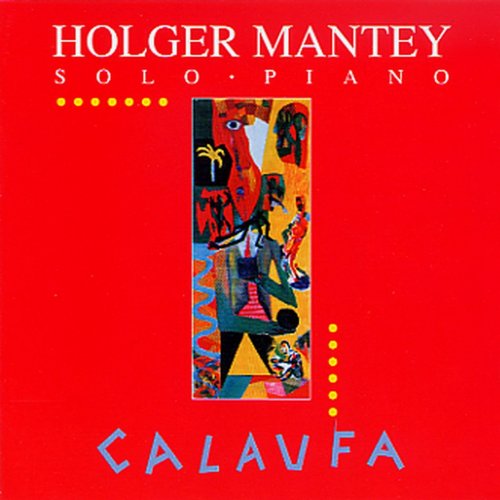Michel Laplenie & Sagittarius - Dietrich Buxtehude: Musiques pour la Passion (2001)
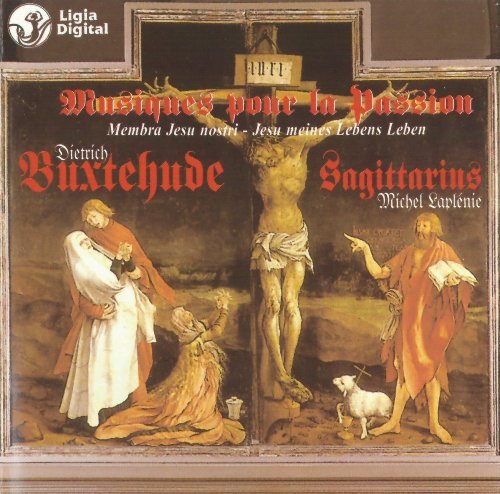
Artist: Michel Laplenie & Sagittarius
Title: Dietrich Buxtehude: Musiques pour la Passion
Year Of Release: 2001
Label: Ligia Digital
Genre: Classical
Quality: FLAC (image + .cue, log, scans)
Total Time: 70:05 min
Total Size: 294 MB
WebSite: Album Preview
Tracklist:Title: Dietrich Buxtehude: Musiques pour la Passion
Year Of Release: 2001
Label: Ligia Digital
Genre: Classical
Quality: FLAC (image + .cue, log, scans)
Total Time: 70:05 min
Total Size: 294 MB
WebSite: Album Preview
Dietrich Buxtehude (1637-1707)
01 - 43] Membra Jesu nostri, BuxWV 75
44 - 45] Jesu meines Lebens Leben, BuxWV 62
The rediscovery of Dietrich Buxtehude's vocal music, largely different from Bach's, has shown signs of coalescing around a group of acknowledged masterpieces. One of these is the cycle of cantatas called Membra Jesu nostri, the Members of Our Jesus; the reference is to the seven wounds of Christ on the cross. What will happen when these marvelous works become more fully integrated into the canon of pieces performed in concerts and churches is interesting to contemplate. It is not known exactly when or why they were composed. Their passionate reflections on the crucified Christ would seem to make them appropriate for the Passion season. Although the cantatas are in Latin, they are Lutheran as can be; textually, they resulted from the Lutheran rediscovery of a set of medieval poems with a distinctively inward, reflective, and intense quality. Buxtehude matches these texts with a unique musical language. The music is mostly for soloists; each cantata opens with an instrumental sonata, mostly followed by what the 17th century would have called a "concerto" -- a choral, antiphonal piece. Then comes a set of arias, separated by instrumental interludes and concluding with a reprise of the concerto. One-voice-per-part performance works well here, for a choir doesn't have much to do, but the French ensemble Sagittarius and its director, Michel Laplenie, opt for a small vocal group. The most striking feature of the music consists in Buxtehude's response to the graphic texts -- "Holy hands, I clasp you and I take pleasure in the moans, I give thanks for so many wounds, for the cruel nails, for the holy drops of blood..." (from the third cantata, Ad manus), or "Heart of the supreme King, I hail Thee, I bow with joyful heart, Kissing Thee is my delight..." (from Ad cor, the sixth cantata). Buxtehude's vocal lines lie somewhere between declamation and aria, and they're marvelously flexible and capable of considerable power when they enter this kind of emotional territory. The uncredited soloists, especially the sopranos, are not quite up to the challenge, and the sound, from a convent-hotel in the French town of Blaye, is another problem; it sounds like a high school gymnasium. One can't have too many recordings of this work, but sample other choices, especially the recording by the northwestern German group Cantus Colln, before settling on this one. Booklet texts, including translations of the Latin, are in French and German, and the cover painting -- Matthias Grunewald's famously gory Isenheim altarpiece -- is entirely appropriate even though it's from a different part of Germany and a few centuries off chronologically. -- James Manheim
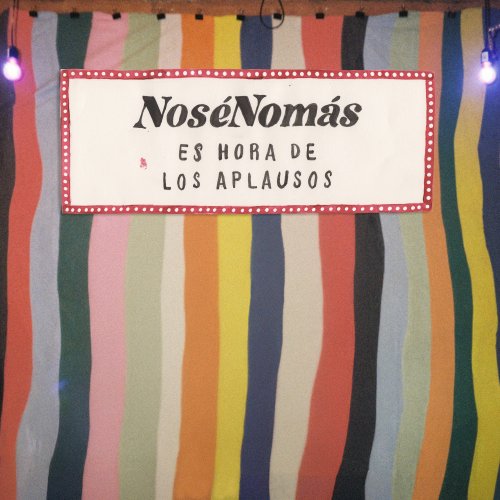
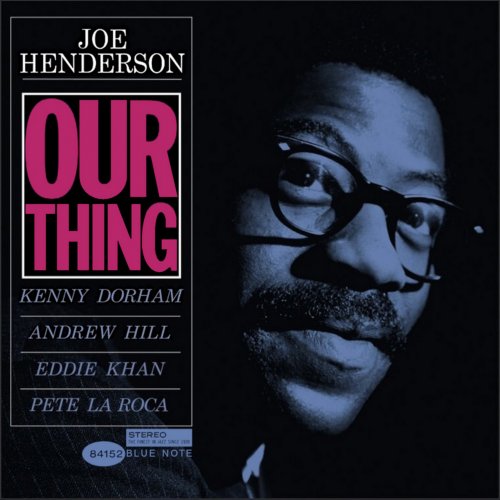

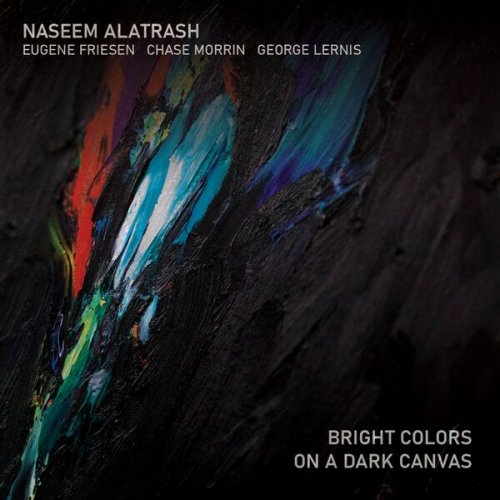
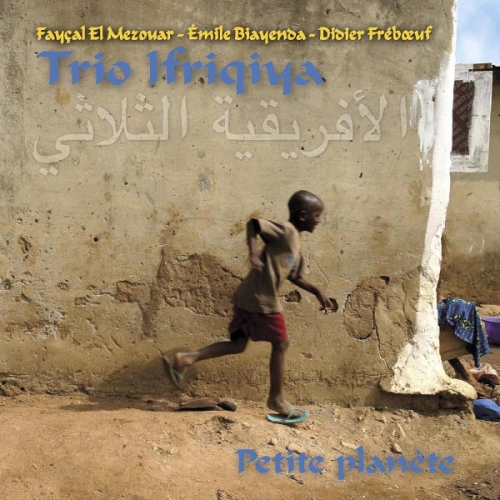
![Roberta Flack - Roberta Flack (2026 Remaster) [Hi-Res] Roberta Flack - Roberta Flack (2026 Remaster) [Hi-Res]](https://www.dibpic.com/uploads/posts/2026-02/1772098000_cover.png)
![Fabiano do Nascimento - Vila (2026) [Hi-Res] Fabiano do Nascimento - Vila (2026) [Hi-Res]](https://img.israbox.com/img/2026-02/26/o4t38f6qf24pvc3bqzanbhsz3.jpg)
